
Sputnik is something you don’t see every day: a Russian sci-fi-horror hybrid about a strong female protagonist conquering bureaucracy, toxic masculinity, and aliens. Director Egor Abramenko isn’t above borrowing elements from the films that so clearly inspired him to make his impressive debut feature, most notably, Arrival, Aliens, E.T., and, ahem, The Astronaut’s Wife (okay, that last one may be reaching a bit).
I also had the advantage of watching the film in its native language, without subtitles, which reiterates how much is lost in translation when Western audiences watch foreign films (and vice versa). Intense and highly entertaining, the horrific science fiction tale is led by a trio of terrific actors that do miracles with an often-creaky script.
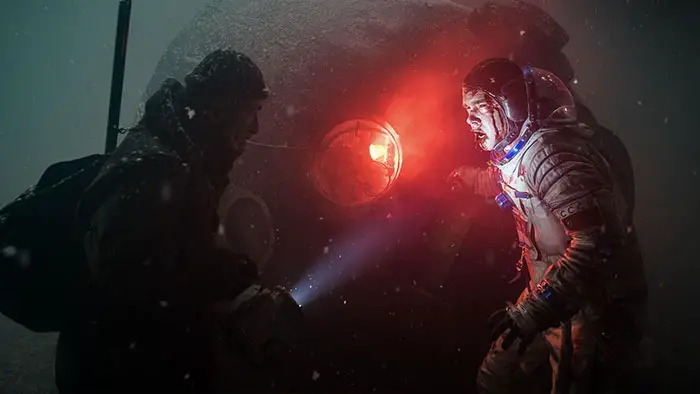
“…she witnesses Kostya vomit up a slimy creature, which then crawls back into his maw…”
Set in 1983, amid the Cold War, Sputnik starts with a riveting sequence on an orbiting spaceship, where a horrible incident occurs. Commanding officer Kostya (Robert Sean Leonard-lookalike Pyotr Fyodorov) makes it back to Earth alone, throwing up blood, his co-pilot’s brains bashed in. In the meantime, renowned psychologist Tatyana (Oksana Akinshina) faces either unemployment or prosecution for her unconventional methods.
It’s those very methods that get her recruited by the solemn, mysterious government official Semiradov (Fedor Bondarchuk) to evaluate Kostya’s condition. The astronaut doesn’t remember what happened and can’t be hypnotized. Tatyana diagnoses him with PTSD and, with her work seemingly done, is about to leave the site. When she witnesses Kostya vomit up a slimy creature at night – which then crawls back into his maw – she swiftly changes her mind.
The alien gives Kostya regenerative powers. Without it, he starts to die. Without him, the creature is vulnerable to our world. This symbiosis is what Tatyana attempts to dissect. (“Symbiosis… or parasite?” she jots down at one point.) She provokes him and brings up the son he abandoned; a psychological game of sorts ensues between our two heroes – or should I say three, as Tatyana forms a bond with the alien as well. But then she discovers a dark secret, followed by more dark secrets, involving the creature, and how it feeds, and the government’s agenda; it all leads to a convoluted finale that lets down an otherwise-taut narrative.
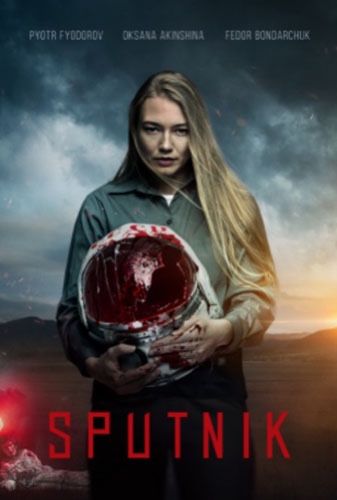
"…isn't above borrowing elements from the films that so clearly inspired him..."
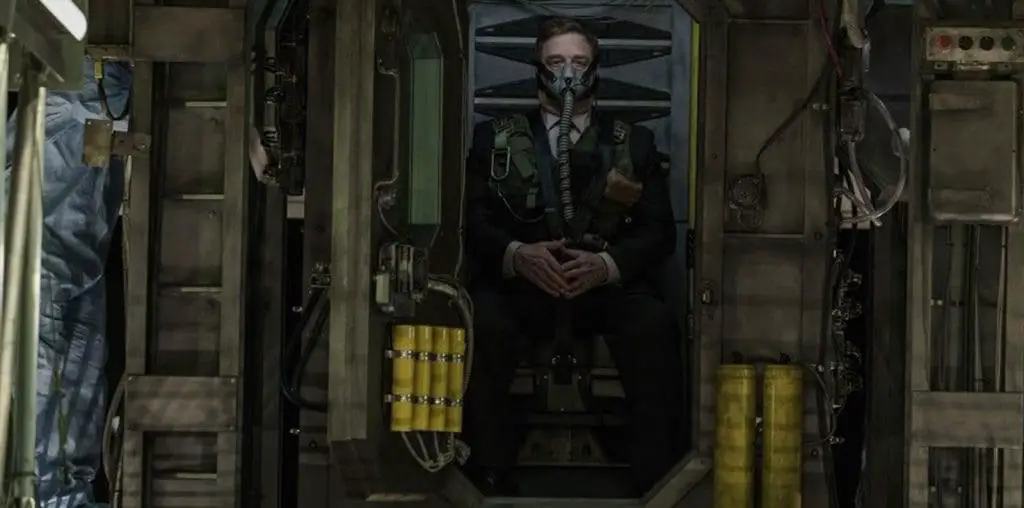
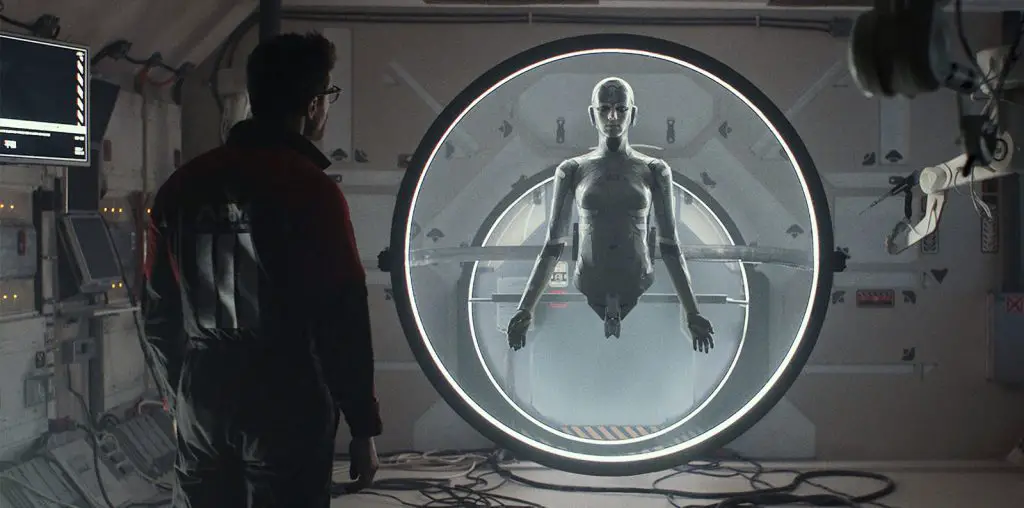
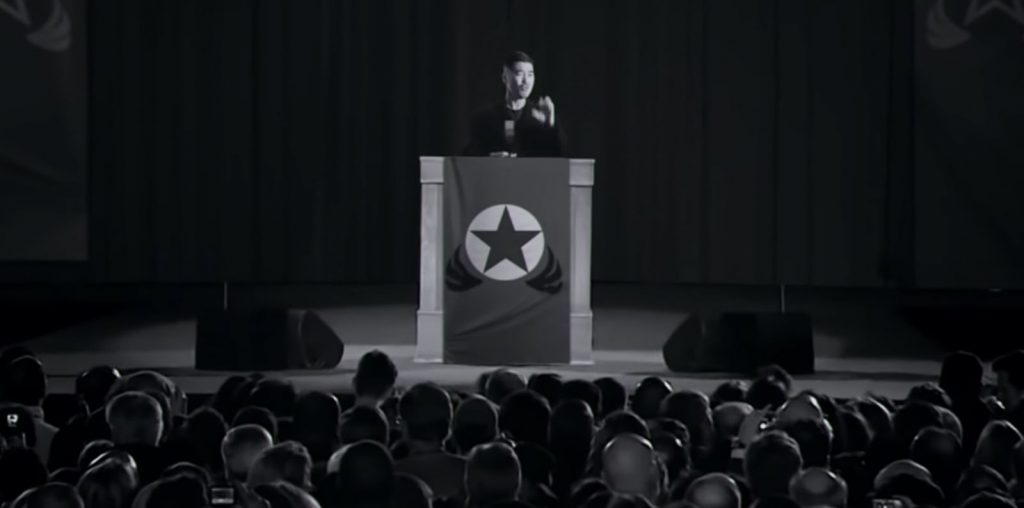
Great review, a very keen and detailed survey, complimentary and critical critical at the same time